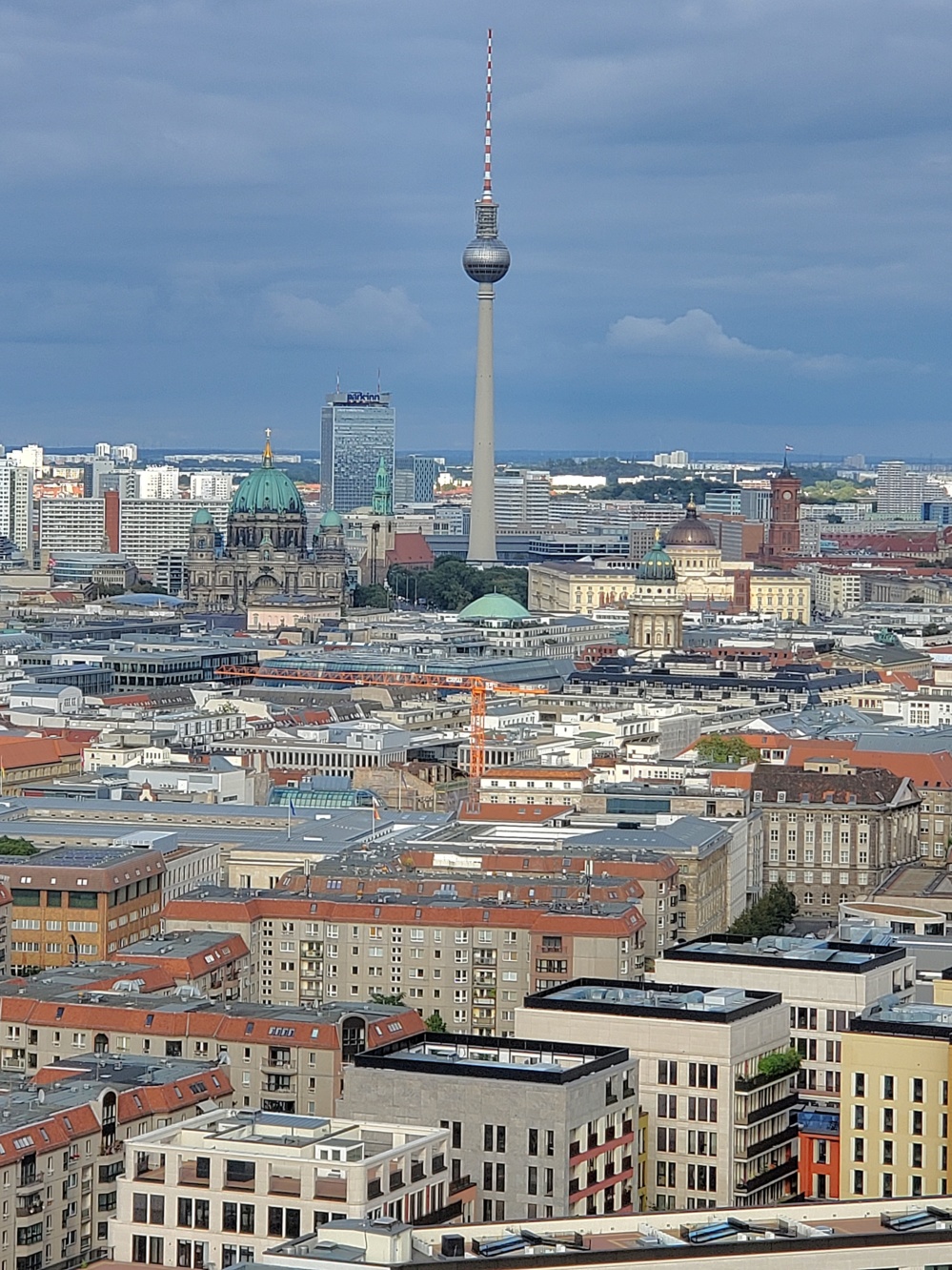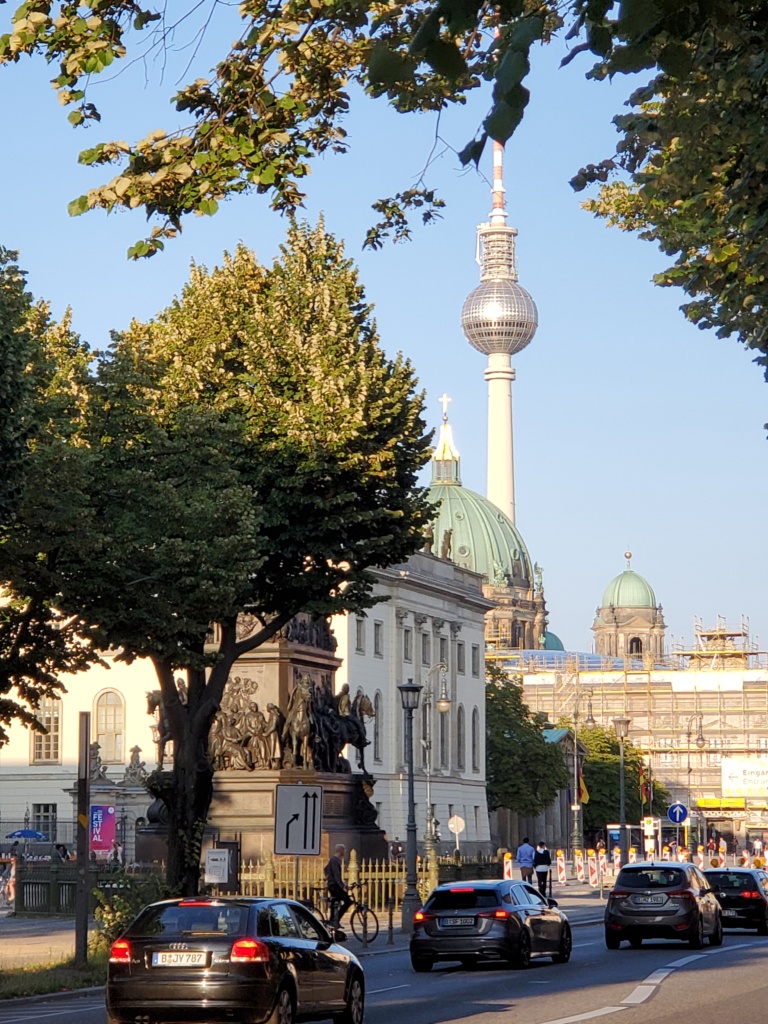
Longtime subscriber Kristian Erickson (pictured, below) just returned from a trip to Berlin. Below is his trip report, along with some great photos. Enjoy! –Scott
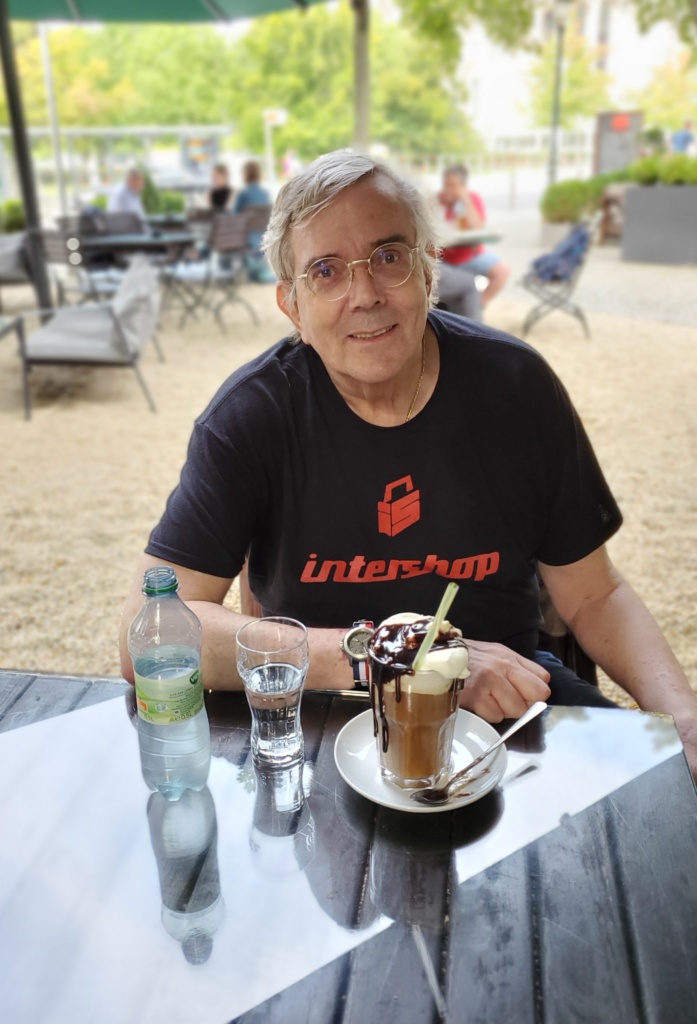
Year after year I saw the Condor planes at Ted Stevens Anchorage International in the summer. But this year, Condor changed my routing to be via Seattle on their partner, Alaska Airlines.
One of the amazing things that I discovered about being an MVP Gold and flying Business Class on Condor is that I earn an incredible amount of Alaska Airlines miles, and many of those count toward elite status. I don’t understand the formula, but I am not complaining. For this trip, one-way Seattle to Frankfurt, with statutory miles of 5,109, I earned a bonus of 15,327, for a total of 20,436 miles, and when that is repeated going back the other way, I will handily re-qualify for MVP Gold for 2022. Furthermore, when all of this is added to my other flying during Alaska’s extra Mileage Plan credits for summer of 2021, I might make it all the way to MVP GOLD 75.
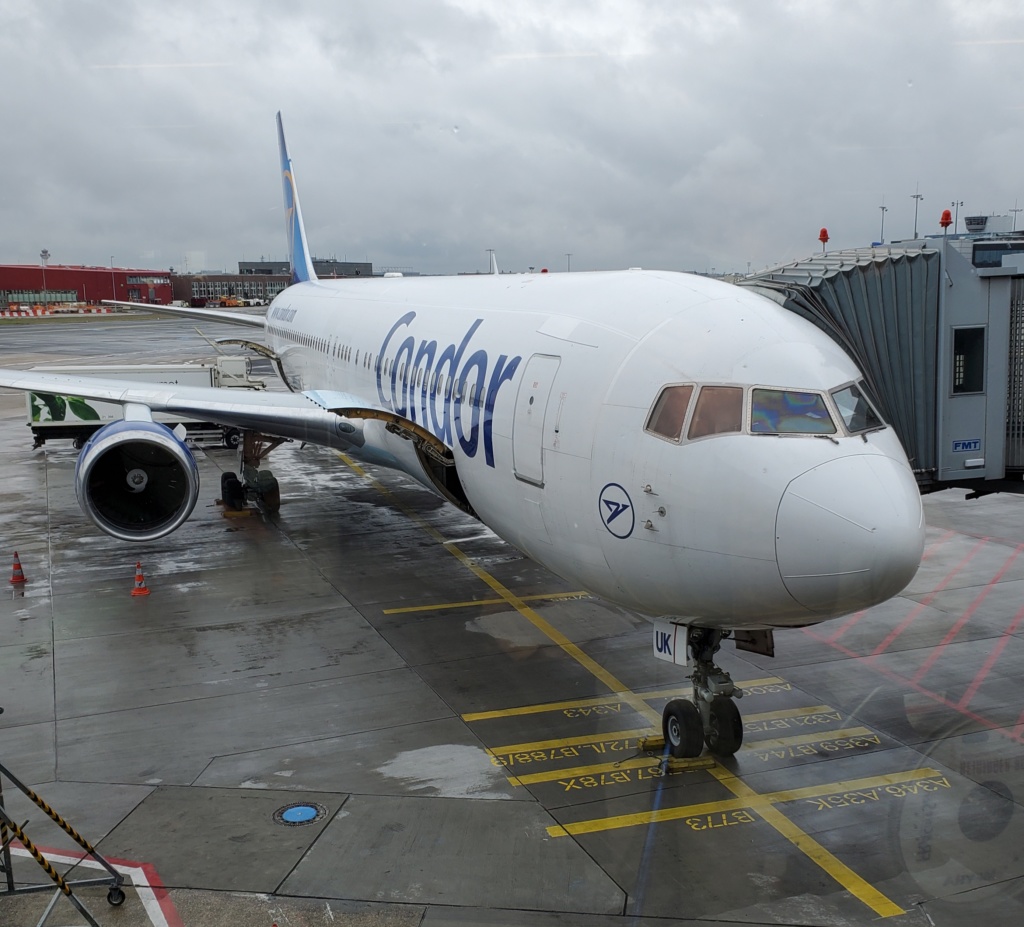
On the trip over here to Frankfurt from Seattle, they served wines that a studied sommelier would be proud to pull the cork on. The Badischer Riesling on board was my top pick (I went to the University of Freiburg in the heart of the Baden wine region on the Rhine. I didn’t just study philosophy and Germanistik there, but also the wines of the region–in vino veritas, you know).
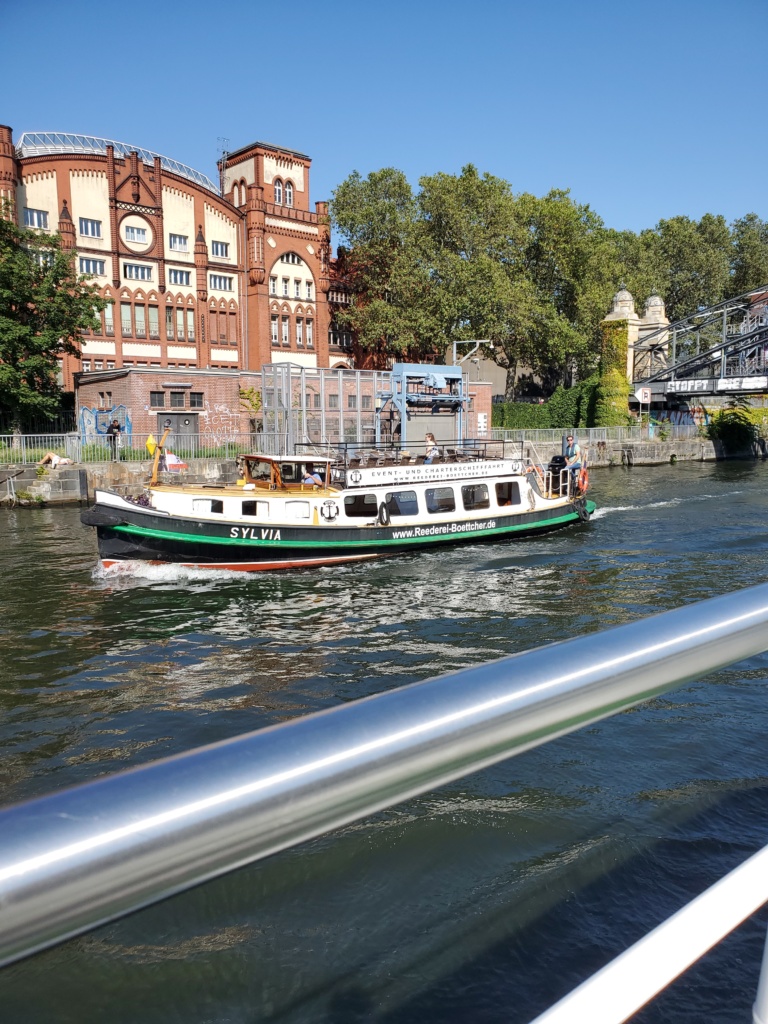
BERLIN
Founded on two islands in the 13th century, Berlin today is a metropolis of 3-½ million people. With a cosmopolitan population and many directories, signs, and menus also in English, it is probably easy to get along here without knowing German.
Today’s Berlin has more canals and bridges along the Spree River than Venice, Amsterdam, and Stockholm combined. The Spree flows into the Havel and eventually drains into the Elbe, which empties into the to the North Sea at Hamburg. The canals are used for sport boating, park-recreation, beer gardens, art festivals, ritzy condos, factories, universities, and technology, to say nothing of the myriad imposing government buildings that line its banks (There are 43 km of the River Spree inside the city.)
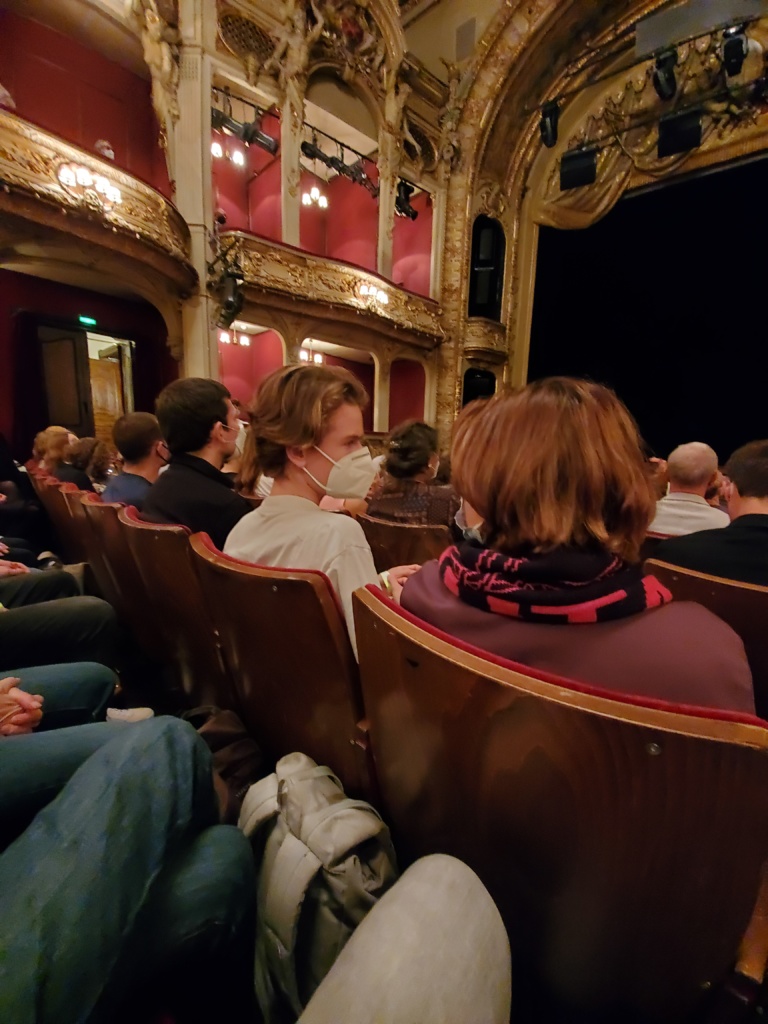
There are too many stunning museums, libraries, scientific forums, universities, and concert venues, to even begin to list them here. In what was West Berlin before the Wall came down in November 1989, there are the Deutsche Oper and the Berliner Philharmoniker, and the Berliner Rundfunkchor. In what was East Berlin, there are the Staatsoper Unter den Linden, die Komische Oper, the Maxim Gorki Theater, and the Berliner Ensemble to name a few. On top of this, there are numerous local symphonies, choral groups, string quartets, and, of course, the iconic Berlin satirical comedy clubs (Kabarette) that irreverently mock every politician in the world. The hometown folks take a satirical beating every night, too. The parliamentary elections are on September 26, so after that a new government will be formed. What will it be? The local press reports that Angela Merkel’s Christian Democratic Union/Christian Socialist Union are currently endorsed by 19% of the public. It appears that a new coalition government will be formed this fall.
THE VIRUS
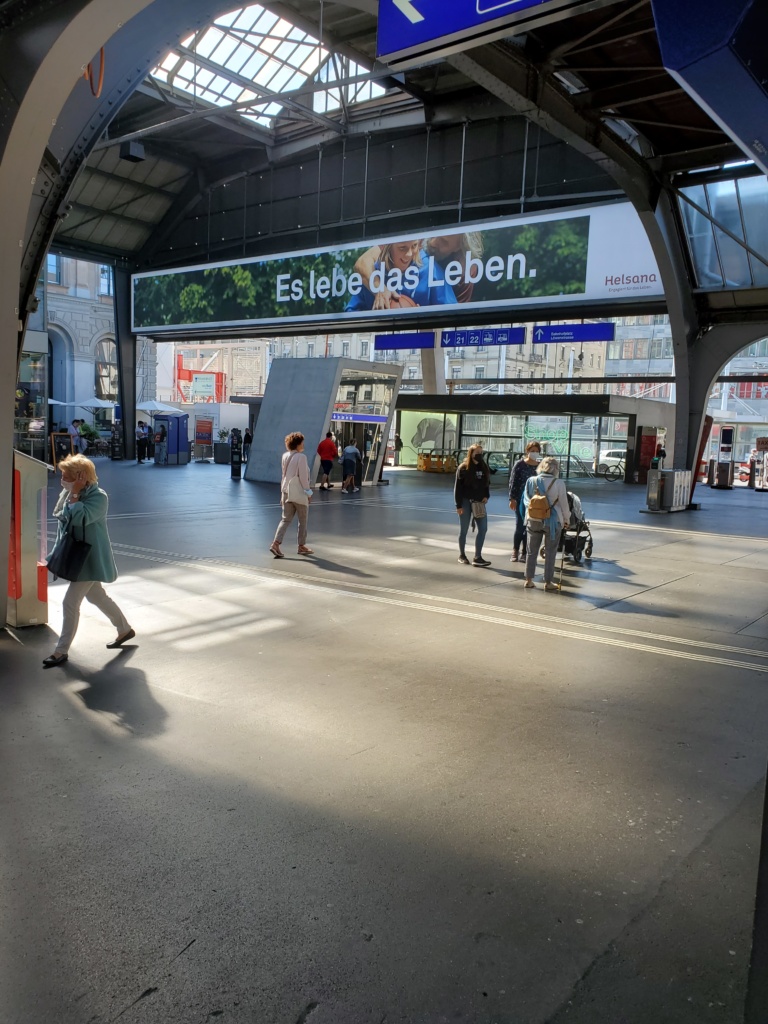
Germans generally see fighting the virus as part of everyday life. There are admonitions for masks and social distancing everywhere. The sign in the photo, an admonition to embrace life, is from the Zürich central station a couple weeks ago, but it could be anywhere.
Masks are required inside and in all public transportation. Cloth masks won’t do. They must be a high filtration N95 or better mask. In some situations, a disposable, medical grade mask is OK, instead. In open air, usually–but not always–no mask is needed.
The same holds true for dining, where even in a small cafe, you show your vaccination or PCR test to enter, and once inside you fill out a contact tracing form. So far, my passport along with my original (no photocopy!) CDC vaccination card have worked OK, even though once an employee who couldn’t read English took my documents to get the approval of the boss before letting me take a seat.
Another fun example: at the Berliner Ensemble, I saw a stageplay of Günther Grass’ „Die Blechtrommel“ (the Tin Drum). First, I reported for registration an hour early in tent across the alley. There I showed my documents, and then I got a yellow wrist band. After that, I took a seat (unmasked) out front according to where I would later be seated inside.
A street vendor took advantage of the waiting crowd and sold enormous butter-cream-filled pretzels. At last, when the ushers gave the signal, we masked up and began to walk in, cordoned off by seating section so that nobody ever came face-to-face with any other.
Everyone seems to be taking all of precautions in stride. I have never heard a word of complaint.
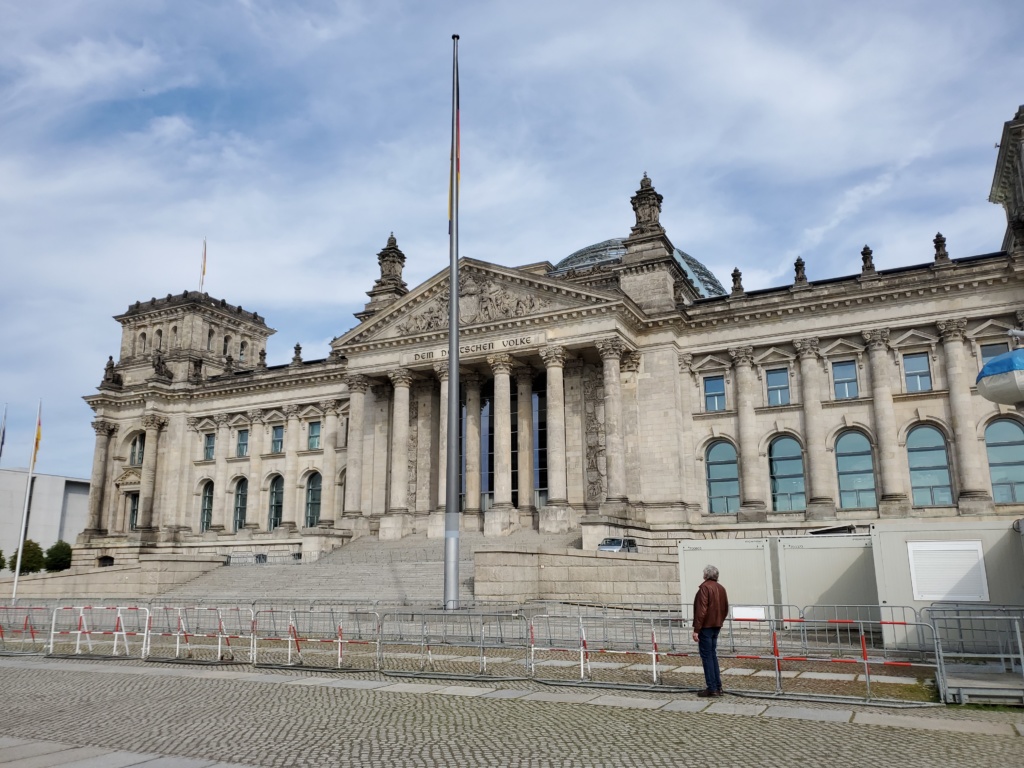
Final rather troubling notes:
Since I have been here in Berlin, the border for foreigners to and from Norway has been closed. I originally was going to fly on SAS from the new Berlin Brandenburg Airport to Oslo to visit a high school chum and his Norwegian wife. However, the delta variant among schoolchildren has caused the Norwegians to take extra precautions.
Also, the regs for getting back into the US require a PCR test even for people who have been fully vaccinated. Those rules might not apply, but I won’t take a chance. As a non-German, I will get a PCR test for between 49 and 105 €, depending on the speed of results.
MY FAVORITE HOTEL
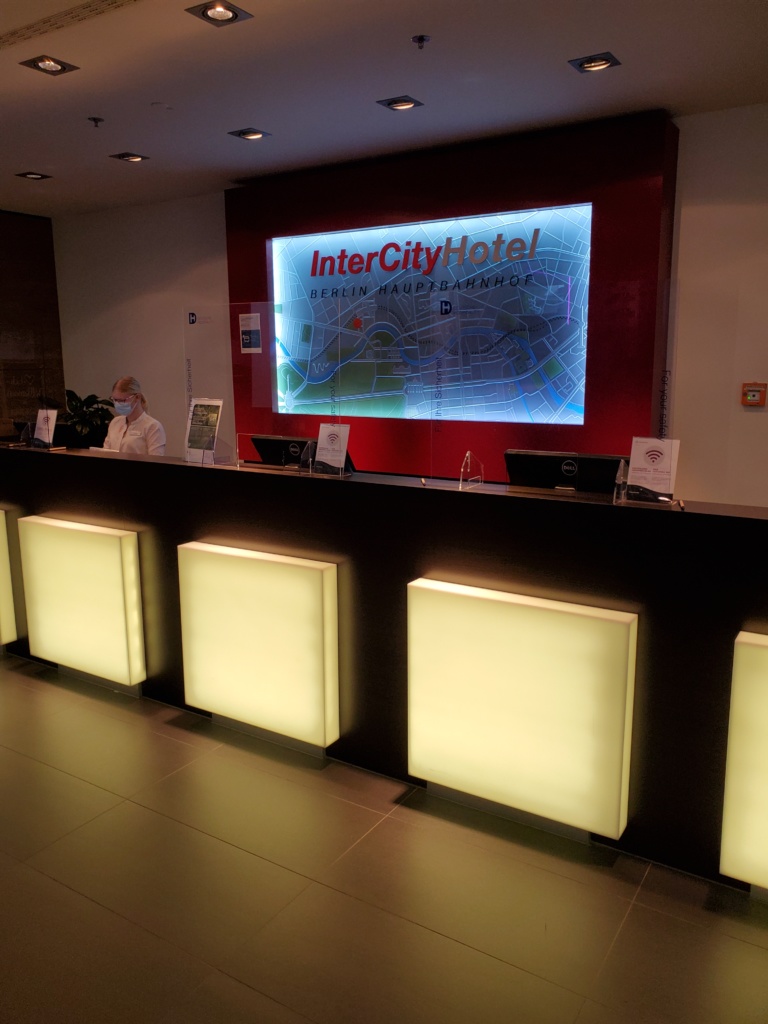
In Berlin as in other larger German cities I choose the Intercityhotel. The name derives from the high speed (up to 300 km/hr) ICE trains (Intercity Express). This hotel chain is popular among German nationals. The staff is exceedingly friendly. Each hotel is impeccably clean with some luxury items that one would expect only in bigger, more expensive, international chains. The breakfast buffet is always deliciously complete.
The best parts, I think, are that each hotel property is located either in or across the street from a main railway station. No taxi needed. And each guest gets a complimentary pass to the public transportation system for the duration of the stay. In some cases that network of subways, commuter trains, trams, and busses can reach far beyond the city limits. Many times, I have simply selected a route into the suburbs just to see where my Intercityhotel pass would take me.
Share this Post

